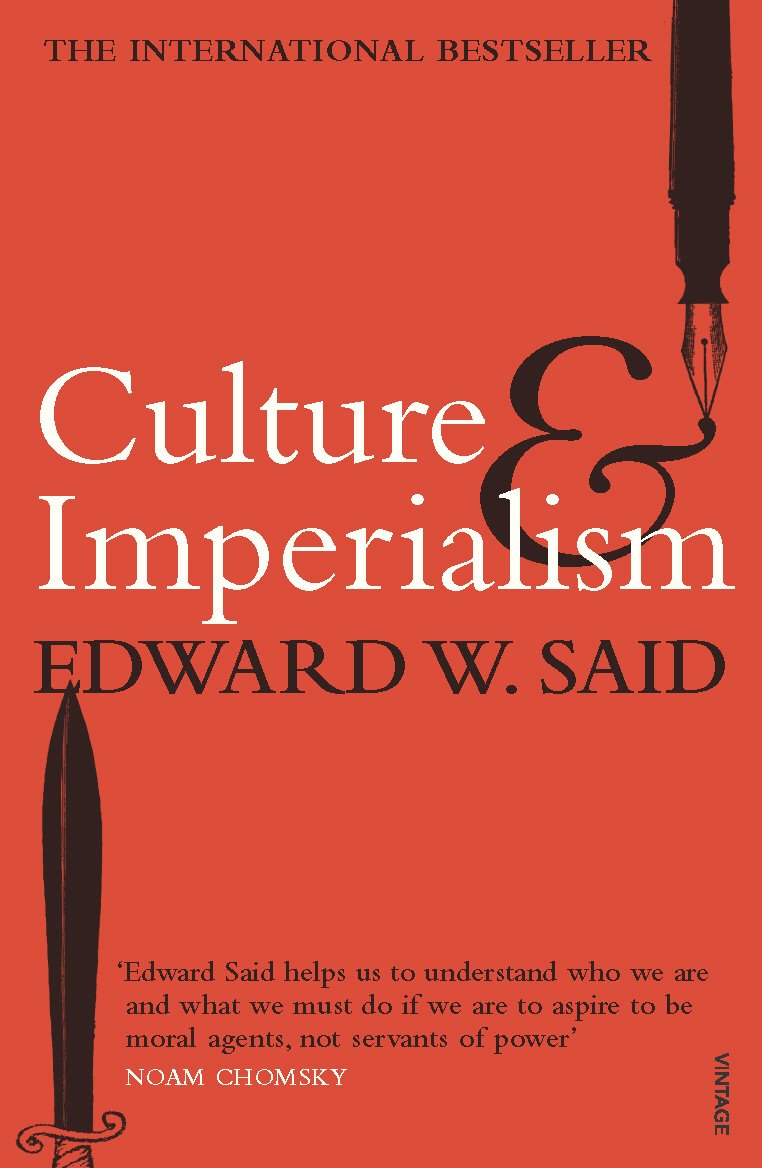About this deal
Despite being a challenging read, I would recommend this book to others curious about why we all need to speak english to exist in this world. The subject of the book is obvious from the title, but the book also offers a trenchant critique of nativist nationalism.
I was particularly attuned to his discussions of geography in relationship to empire in the texts he discusses. an example: in Algeria during the protectorate between 1830 and 1872 the French had imposed a 'code de l'indigenat ' was a legal charter aimed at extracting certain values from the colonial subjects such as force labor, and imposing the French language by closing Coranic, religious Madras'a or schools, list is quiet long. I realize though that most people reading this don’t have that perspective (or haven’t re-contextualized their past in this manner) and so might not have any qualms outright dismissing the right of oppressed people to riot and be violent. To see them as reflective of, and even generative, of attitudes is to make them more interesting, to see them in their totality.Payments made using National Book Tokens are processed by National Book Tokens Ltd, and you can read their Terms and Conditions here. You can change your choices at any time by visiting Cookie preferences, as described in the Cookie notice. Regard experiences then as if they were about to disappear: what is it about them that anchors them or roots them in reality?
ahmad argues, among other things, that said reproduces the very discourse that he seeks to elucidate and overcome; the western corpus of literature retains its primacy, the non-western is flattened into a discourse of 'colonial' and 'postcolonial' that obscures dynamics internal to a country's literature in favour of eternally tethering it to its relationship with the west; the reliance on a logic of humanism even as said tries to situate himself outside of humanism results in an ultimately liberal imaginary; the incoherence of a theory that at once tries to trace an east/west literary divide back to the literature of antiquity and insists on its emerging as part of a tool of colonialism rather than interrogating the incorporation of classical texts into the colonial imaginary.
An eye opening read for anyone interested not only in literature but historiography and post colonialism. That is not to say that Saïd condemns European culture as irredeemably racist, or heaps scorn upon the aforementioned works. Would he have said the most-followed tweets belong to “privileged ethnic groups” and that the rest of the world that is trying to emulate them are all but going to get crushed, or worse, ignored? For Said, The critic’s function is both enhanced and focused by his or her capacity to be in the world. Where the book gets more morally complicated though is in dealing with the different phases of the colonizer’s reaction to imperialism and particularly the revolutionary violence and subsequent oftentimes very oppressive regimes it engenders.
But this also means not trying to rule others, not trying to classify them or put them in hierarchies, above all, not constantly reiterating how “our” culture or country is number one (or not number one, for that matter). Jeder, der bis dato mit bestem Lesevergnügen Bücher wie das Dschungelbuch (Kipling) gelesen hat, wird so etwas in Zukunft nicht mehr ohne Vorbehalte tun können. Edward Said’s Culture and Imperialism employs a “contrapuntal” reading strategy by which he asserts the needs to examine texts from the perspectives of both colonized and colonizer. He posits that peoples have multiple overlapping identities and shared heritage as compared to the divisiveness required by the imperial project. In other words, while you think as an intellectual you are strengthening your culture you are not even putting a dent in western imperialism, actually, you are helping it along by isolating yourself as an intellectual.Reading this you would think that Said has no idea that the phenomenon of Imperialism has occurred all over the world in every culture throughout history. Philosopher and social anthropologist Ernest Gellner criticized Said for "exploiting Western guilt about imperialism. The last part is the most interesting one re: modern day imperialism (read: early 1990s) and American ascendancy to global hegemony. He defines imperialism as “thinking about, settling on, controlling land that you do not possess, that is distant, that is lived on and owned by others” ( CI, 7).
 Great Deal
Great Deal 